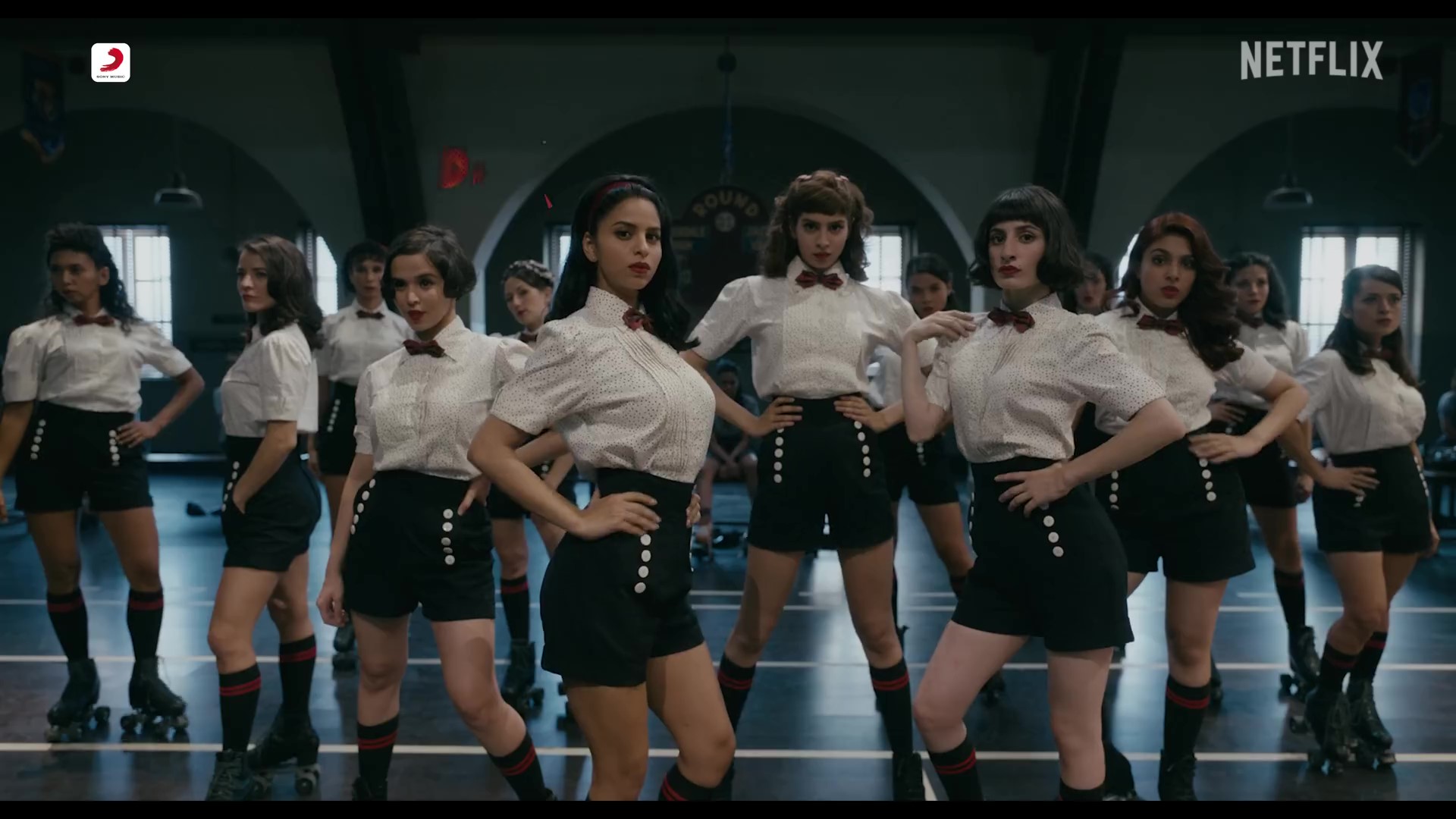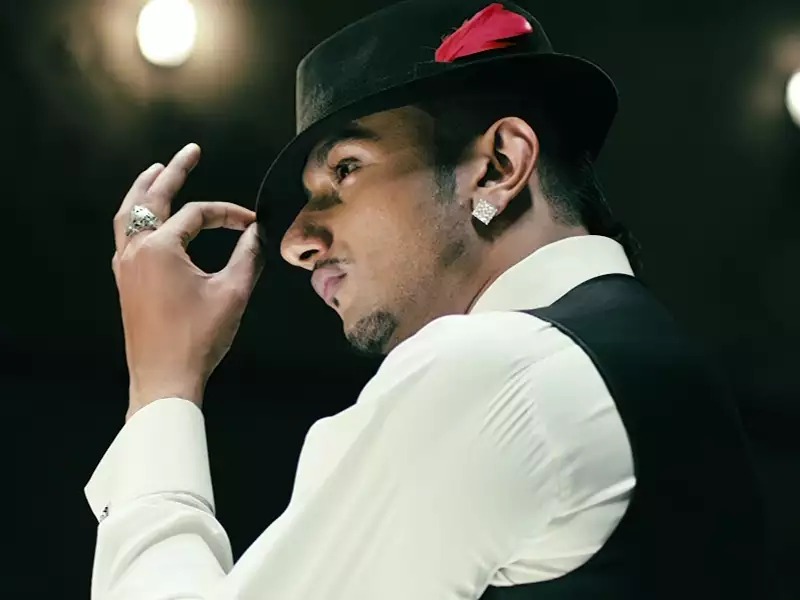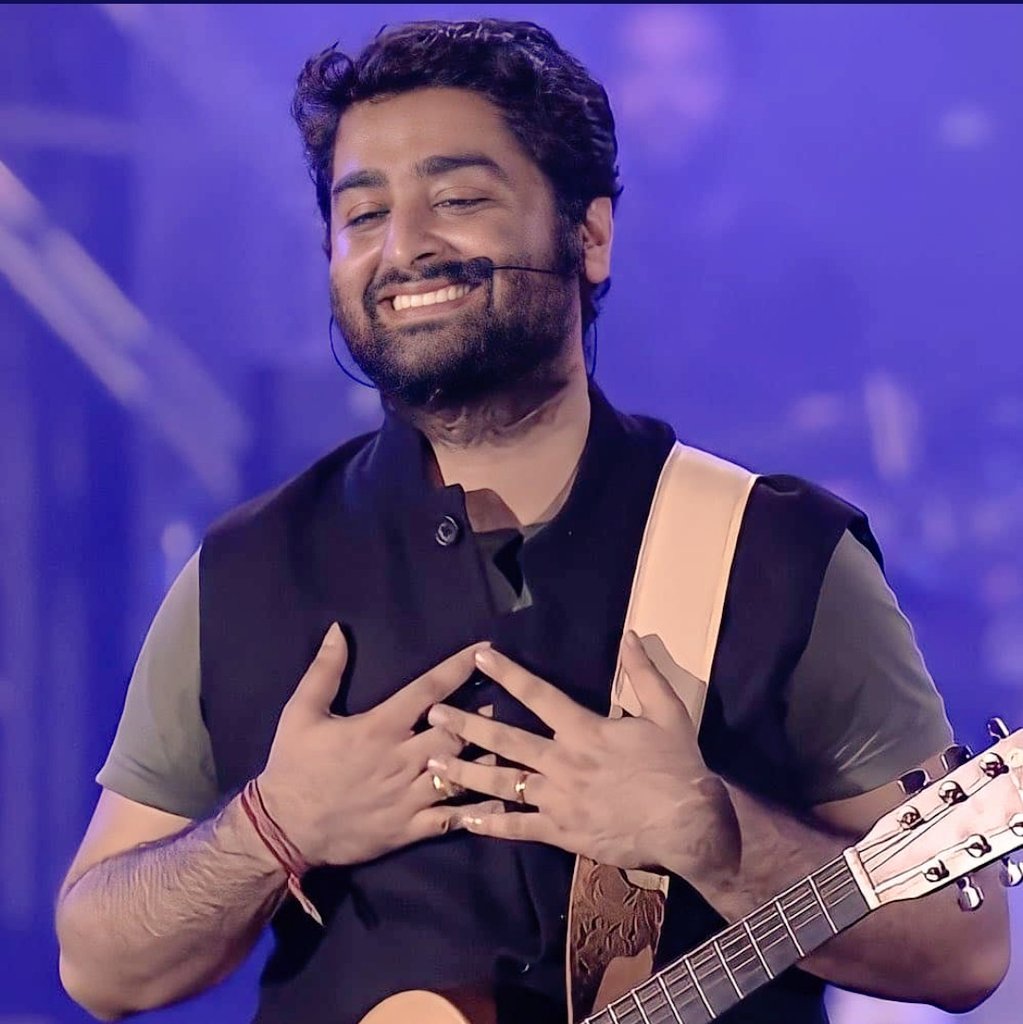Mumbai: YRF Music has released Rabbi’s second album Avengi Ja Nahin produced by the Italian progressive rock maestro and producer Maurio Pagani. Pagani has arranged and conducted the strings, and Rabbi has produced or co-produced a couple of the songs.
As with the first album, the music and lyrics have been written completely by Rabbi, though the language used ranges from Punjabi to Hindi and even English. This time he engages more directly with social issues even as he grapples with the downside of romantic love. However, the directness and intensity never lapses into pedantic and the music is a winner through and through.
The album opens with Chhalla, a deceptively simple and contemplative song built on a layer of double bass and cello topped up by Rabbi’s acoustic guitar and the occasional accordion. The song flows along smoothly creating visual images reminiscent of a boatman’s song as he rhythmically rows his boat down the river.
Rabbi moves to electric rhythm and lead guitars on the next track, Karachi Valie. It’s a tribute to the Karachi girl whose "sighs were so cold" and "hair was so course", Rabbi belts out this number with passion even as emphatic rock drumming and the Hammond organ keep the pace driving and intense.
The pace cools down somewhat for the next track, Maen Bolia, but not the passion. Rabbi speaks of love unrequited – and promises that his love will make the unresponsive beloved suffer, so what if she does not know it yet. When Rabbi sings Sirf tainu ajje pata nahi ("Only you don’t know it yet"), he manages to infuse it with tenderness and just a little hint of exasperation, even as his lead guitar solo soars with the confidence that the girl will ultimately be his.
The title track Avengi Ja Nahin makes effective use of percussions and the traditional Greek musical instrument, the bouzouki. If Maen Bolia is about love not returned, Avengi Ja Nahin is about love uncertain and pregnant with possibilities that are not acted upon.
Ballo is an impeccably constructed song that benefits immensely from the minimal sprinkling of turntable and electronic sounds and the sustained use of handclaps and finger snaps. Rabbi sings it beautifully too, his soulful voice effortlessly navigating the peaks and troughs of the emotions his lyrics weave.
The next track, Tu Avin Bandra is a love song as well, but it is an ode not to any woman but to the Mumbai suburb of Bandra! The one song typifies the label "urban contemporary" and has a haunting romantic feel to it.
Pagri Sambhal Jatta is an exhortation by Rabbi to the present to remember the lessons of the past. However, it also asks why these sacrifices and following the instructions of the Guru have still led to a state of disunity. A contemplative song in parts, a rousing one in others, it occasionally carries a whiff of legendary historically anchored songs like Billy Joel’s "We Didn’t Start the Fire".
Bilqis (Jinhe Naaz Hai) is the most direct of all the songs in the album. Sung in Hindi, it forcefully gives voice to Bilqis Rasool, victim of horrific majoritarian violence during the Gujarat riots; the idealistic Satyendra Dubey and Manjunath Shanmugham who paid with their lives for standing up to corruption; and social activist Navleen Kumar who was killed for fighting for the rights of the dispossessed.
The album ends with the English song Return to Unity that proves Rabbi’s multilingual talent. It has Ranjit Barot on drums and Karl Peters on guitars and would not be out of place on the albums of any contemporary rock band from the west. At the end of a journey that sometimes touched on desperation and anguish, Rabbi reminds us that he is at heart an optimist.
To sum it up, Avengi Ja Nahin, showcases an artiste at the peak of his powers, but in a state of constant maturing and evolution. For those who loved his first album, Rabbi’s second will be an unalloyed delight.



